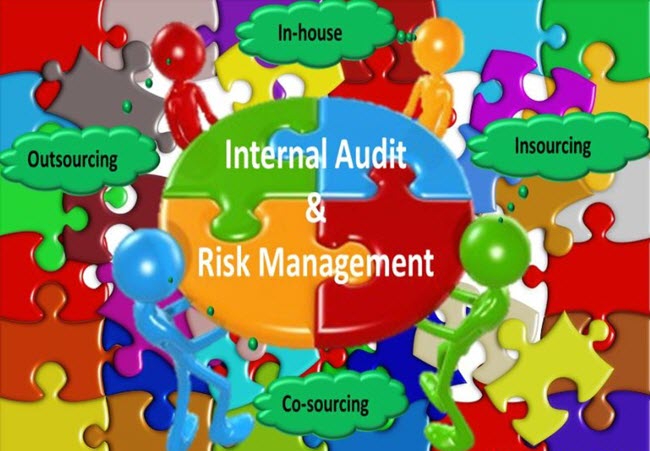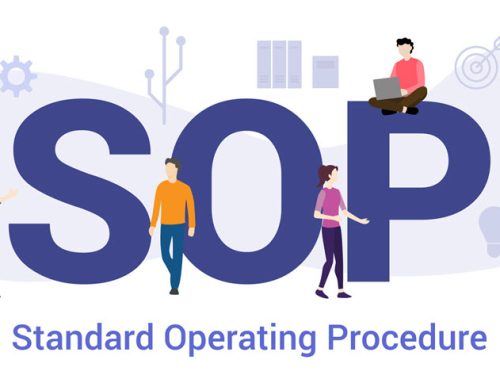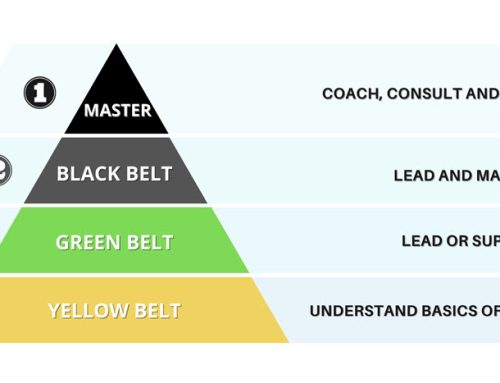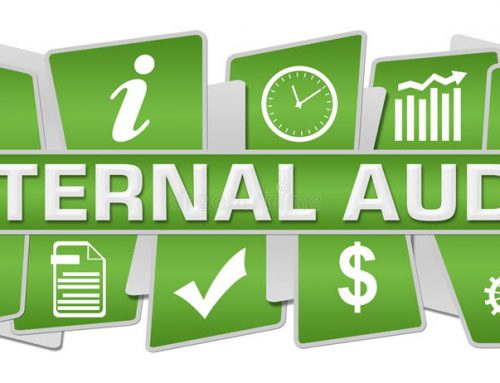This article will review the initiative of an outsourced internal audit function and the advantages it brings. Internal audit can be critical to the successful operation and growth of any organisation before the external audit team even begins to add their value. According to The Institute of Internal Auditors, internal auditing is an independent, objective assurance and consulting activity designed to add value and improve an organisation’s operations. It helps an organisation accomplish its objectives by bringing a systematic, disciplined approach to evaluate and improve the effectiveness of risk management, control and governance process.
The internal auditor is focused not only on past information but also the current business objectives as well as future risk mitigation and organisational success. The internal auditor may have a much more diverse background that includes expertise in information technology, business administration, quality management and data analysis to name a few.
In the current regulatory environment, it is often difficult or impossible for the external audit team to diversify and provide internal audit guidance and services while still maintaining the necessary independence that is so critical in the review process of an organisation. For this reason, it is crucial that an organisation maintain a separate internal audit function compromised of employees of their organisation, or outsourced internal audit consultants, or a combination of both.
Internal Audit Outsourcing Benefits
The practice of outsourcing some or all of the internal audit function to an independent third-party firm affords an organisation numerous benefits over maintaining an employee only internal audit function. Examples of these benefits include:
- Provide the organisation with a greater level of assurance and risk coverage.
- Offer short and long term cost flexibility and scalability.
- Boos operational efficiency and performance.
- Coordinate with the organisations governance, risk and compliance program.
- Identify and manage emerging risks more effectively.
- Provide broader skill sets and deeper industry specialisation on an as needed basis.
- Offering proactive insight and recommendations on leading practices.
- Provide access to leading edge tools and methodologies, such as data analysis.
- Redeploy valuable internal resources towards core business activities.
- Execute on marketing strategy more efficiently and achive strategic goals and objectives.
- Transfer knowledge and capabilities to the organisation.
Furthermore, being accustomed to an assurance role, many internal audit departments may not stray far from this area of expertise. But when internal auditors solely stick to “what they know”, it can be difficult to meet the evolving risks, strategies and needs for the organisation. An external service provider can offer a consultative mindset on a range of risks and issues, as well as industry specific leading practices and knowledge acquired by working with other clients.
The internal audit function aids an organisation in protecting against both current and emerging risks, such as those related to new technology. Having an internal audit partner that is experienced in numerous operational approaches and various industries allows for a more comprehensive plan and review.
Managing risks associated with daily operations requires strong internal controls, the application of best practices and training. Outsourcing internal audit function to a independent third-party consultancy firm like EQMS could provide a systematic, independent and documented approach to examining internal controls and processes for daily operation against best practices, contractual obligations and established company policies and procedures.
Is Outsourced Internal Audit for You
To determine if outsourcing of your internal audit function is right for your organisation, ask yourself the following:
- Is your internal audit function auditing to the risk or business profile of your company, or to its capability?
- Does your internal audit function have the talent and capabilities to address the evolving threat environment, or is it struggling to keep pace with regulatory and marketplace changes?
- How effectively does your organisation identify, recruit and retain skilled internal audit professionals?
- Can your internal audit department leverage leading technologies such as data analysis to identify trends and patterns?
- Is your internal audit function misaligned, does it create potential exposure to your organisation when critical risks are not appropriately addressed?
- Does your internal audit function have the subject matter expertise to provide insight and offer quality improvement recommendations?
- Can your internal audit function contribute to strategy discussions? Does it have the consultative mindset to help your organisation execute on business strategy when entering a new market, developing a new product, or acquiring or merging with another company?
- If you are in high growth, high stress, or highly regulated industry, could your organisation benefit by redeploying internal audit professionals to other areas?
- Are you getting value from internal audit that is commensurate to what you are spending?
Outsourced internal audit is one way to help deliver higher levels of independence and assurance, provide more detailed and unfiltered information and offer broader value to the organisation.
Key to Success with Outsourced Internal Audit
There are a few factors that are important to the success of an outsourced internal audit initiative. These include:
- Alignment among internal audit, executive management and the board regarding how risks should be addressed monitored and managed.
- Clearly defined communications and expectations (i.e., how frequently and to who issues should be communicated).
- Established and explicitly documented line of authority and responsibility. By focussing on these areas, organisations can help their internal audit outsourcing initiatives stay on track and meet desired objectives.
Conclusion
As business becomes more complex and organisations demand greater value from internal audit, internal audit functions are increasingly stretched to do more with less. Outsourcing the internal audit department can help this array of applications from reducing cost to improve performance to boosting operational efficiency. Outsourced internal audit functions can also provide insight beyond assurance and compliance by offering a genuinely strategic capability.






